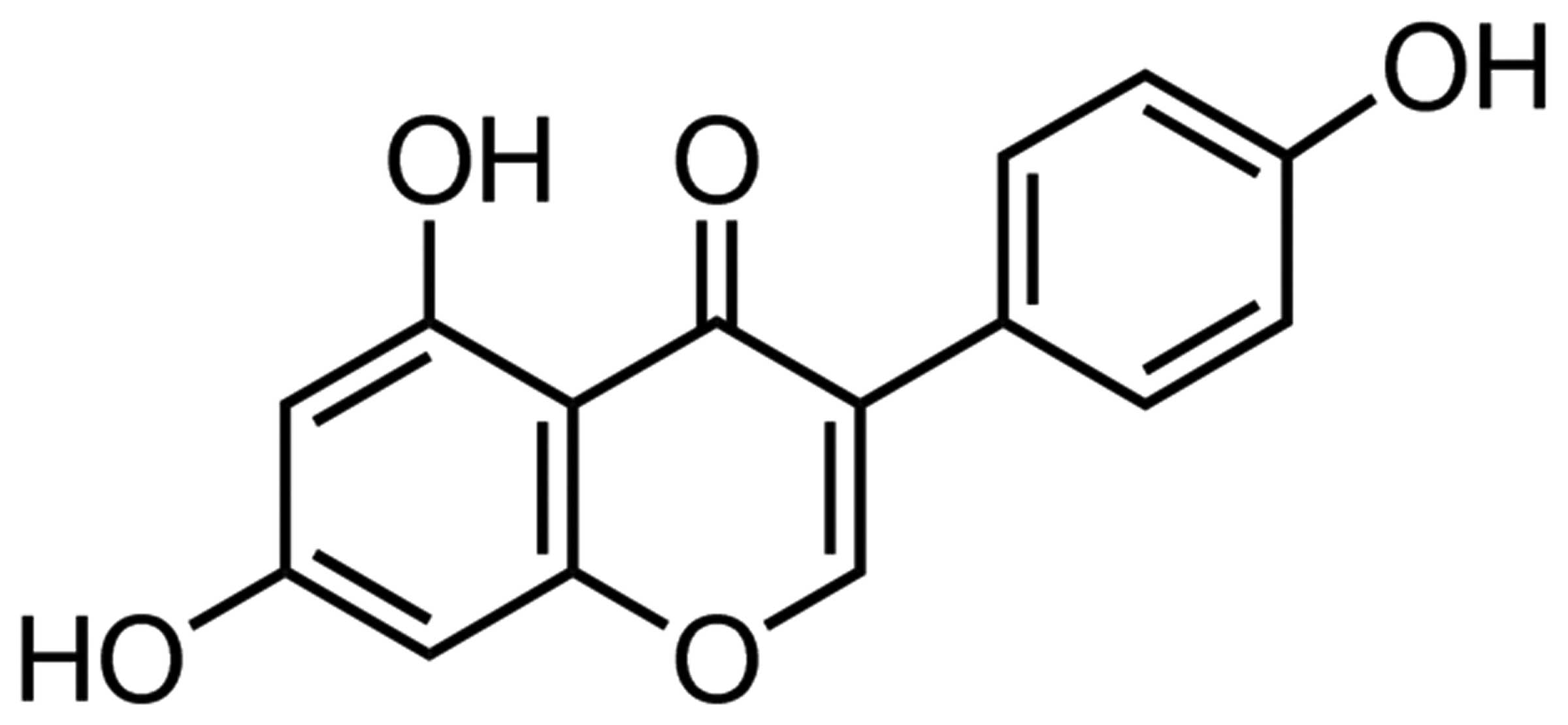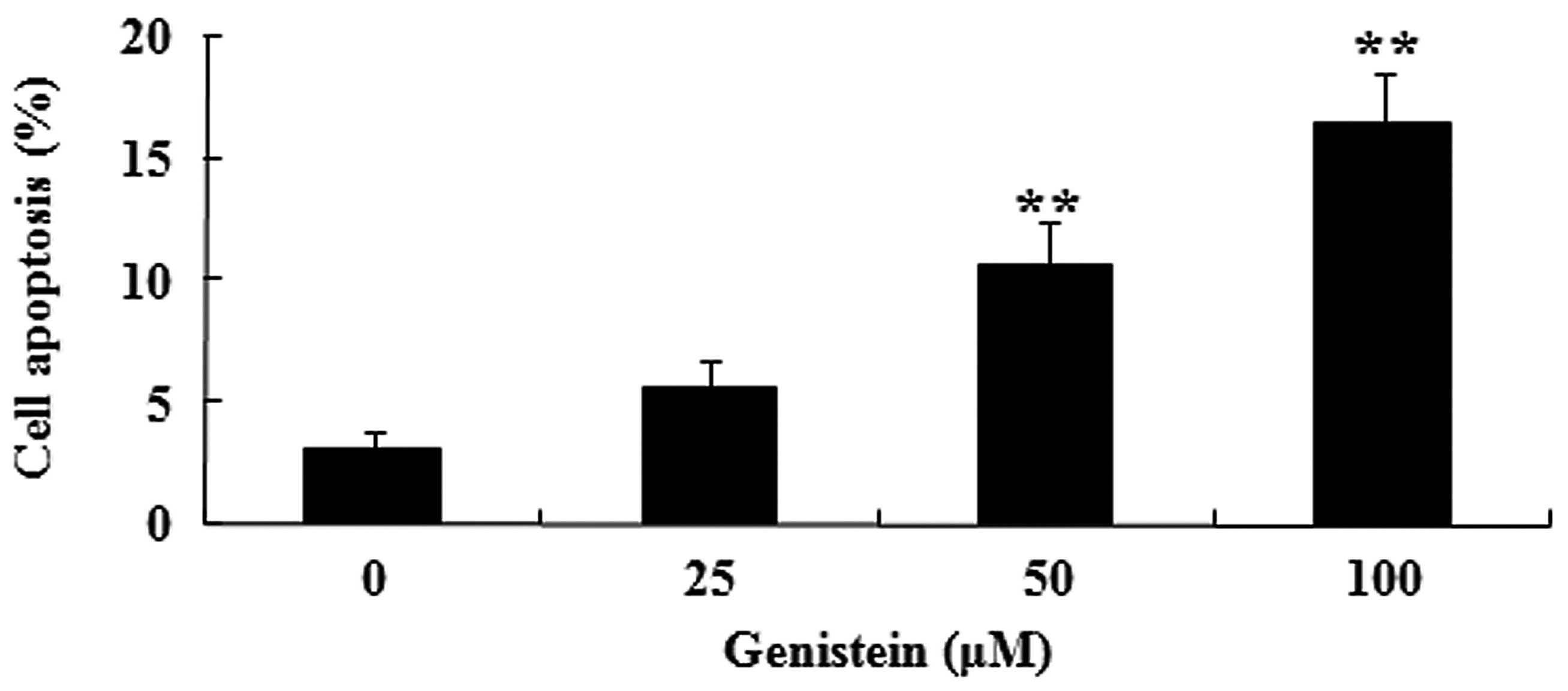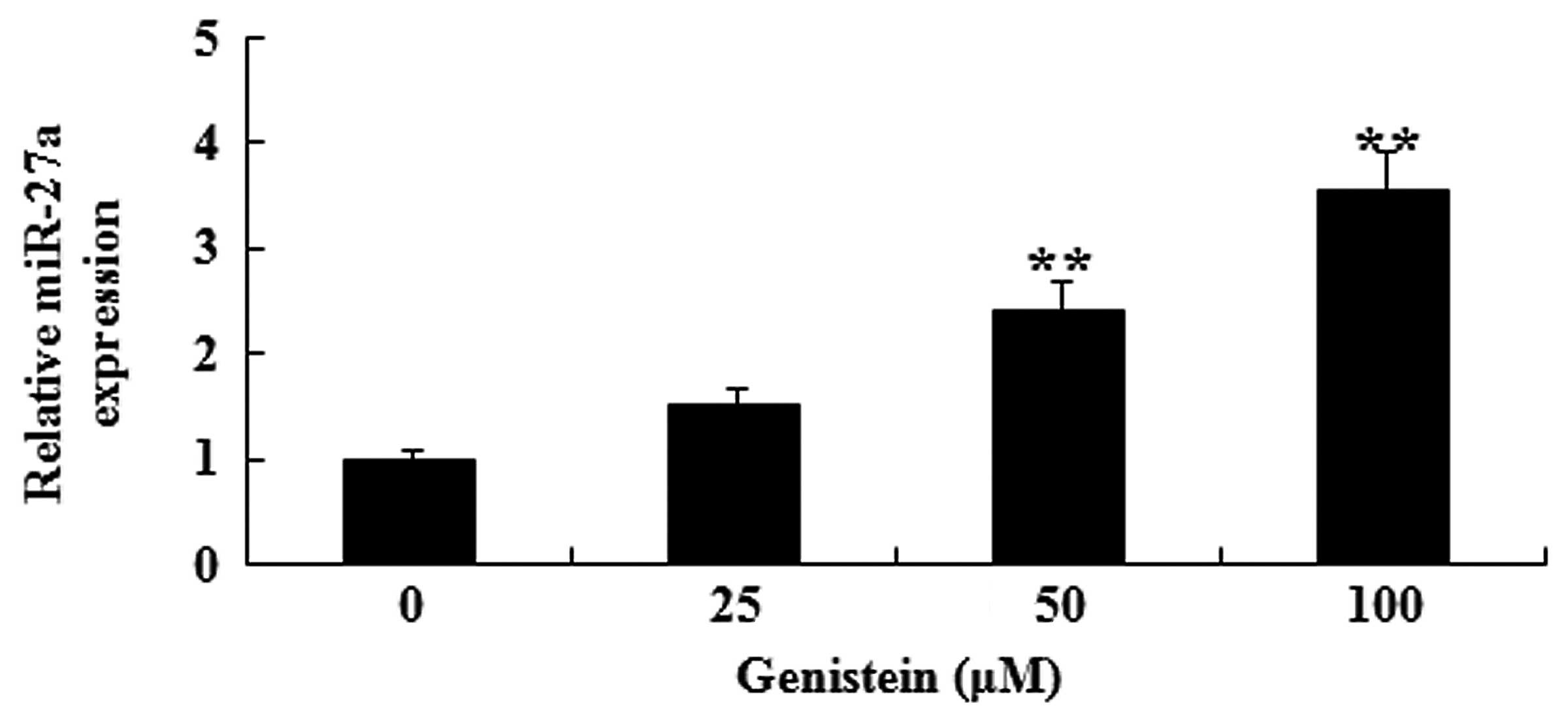|
1
|
Chen Q, Cheng P, Yin T, He H, Yang L, Wei
Y and Chen X: Therapeutic potential of bone marrow-derived
mesenchymal stem cells producing pigment epithelium-derived factor
in lung carcinoma. Int J Mol Med. 30:527–534. 2012.PubMed/NCBI
|
|
2
|
Chen X, Ni J, Meng H, Li D, Wei Y, Luo Y
and Wu Y: Interleukin15: A potent adjuvant enhancing the efficacy
of an autologous whole-cell tumor vaccine against Lewis lung
carcinoma. Mol Med Rep. 10:1828–1834. 2014.PubMed/NCBI
|
|
3
|
Tatematsu T, Sasaki H, Shimizu S, Okuda K,
Shitara M, Hikosaka Y, Moriyama S, Yano M, Brown J and Fujii Y:
Investigation of neurotrophic tyrosine kinase receptor 1 fusions
and neurotrophic tyrosine kinase receptor family expression in
non-small-cell lung cancer and sensitivity to AZD7451 in vitro. Mol
Clin Oncol. 2:725–730. 2014.PubMed/NCBI
|
|
4
|
Lo HM, Shieh JM, Chen CL, Tsou CJ and Wu
WB: Vascular endothelial growth factor induces CXCL1 chemokine
release via JNK and PI-3K-dependent pathways in human lung
carcinoma epithelial cells. Int J Mol Sci. 14:10090–10106. 2013.
View Article : Google Scholar : PubMed/NCBI
|
|
5
|
Macchiaroli N, Cucher M, Zarowiecki M,
Maldonado L, Kamenetzky L and Rosenzvit M: microRNA profiling in
the zoonotic parasite Echinococcus canadensis using a
high-throughput approach. Parasit Vectors. 8:832015. View Article : Google Scholar : PubMed/NCBI
|
|
6
|
Yang X, Zhong J, Ji Y, Li J, Jian Y, Zhang
J and Yang W: The expression and clinical significance of microRNAs
in colorectal cancer detecting. Tumour Biol. 36:2675–2684. 2015.
View Article : Google Scholar : PubMed/NCBI
|
|
7
|
Lerebours F, Cizeron-Clairac G, Susini A,
Vacher S, Mouret-Fourme E, Belichard C, Brain E, Alberini JL,
Spyratos F, Lidereau R and Bieche I: miRNA expression profiling of
inflammatory breast cancer identifies a 5-miRNA signature
predictive of breast tumor aggressiveness. Int J Cancer.
133:1614–1623. 2013. View Article : Google Scholar : PubMed/NCBI
|
|
8
|
Gherardi E, Birchmeier W, Birchmeier C and
Vande Woude G: Targeting MET in cancer: Rationale and progress. Nat
Rev Cancer. 12:89–103. 2012. View
Article : Google Scholar : PubMed/NCBI
|
|
9
|
Huang L, An SJ, Chen ZH, Su J, Yan HH and
Wu YL: MET expression plays differing roles in non-small-cell lung
cancer patients with or without EGFR mutation. J Thorac Oncol.
9:725–728. 2014. View Article : Google Scholar : PubMed/NCBI
|
|
10
|
Tsuda M, Davis IJ, Argani P, Shukla N,
McGill GG, Nagai M, Saito T, Laé M, Fisher DE and Ladanyi M: TFE3
fusions activate MET signaling by transcriptional up-regulation,
defining another class of tumors as candidates for therapeutic MET
inhibition. Cancer Res. 67:919–929. 2007. View Article : Google Scholar : PubMed/NCBI
|
|
11
|
Han S, Wu H, Li W and Gao P: Protective
effects of genistein in homocysteine-induced endothelial cell
inflammatory injury. Mol Cell Biochem. 403:43–49. 2015. View Article : Google Scholar : PubMed/NCBI
|
|
12
|
Pons DG, Nadal-Serrano M,
Blanquer-Rossello MM, Sastre-Serra J, Oliver J and Roca P:
Genistein modulates proliferation and mitochondrial functionality
in breast cancer cells depending on ERalpha/ERbeta ratio. J Cell
Biochem. 115:949–958. 2014. View Article : Google Scholar : PubMed/NCBI
|
|
13
|
Pavese JM, Krishna SN and Bergan RC:
Genistein inhibits human prostate cancer cell detachment, invasion
and metastasis. Am J Clin Nutr. 100(Suppl 1): S431–S436. 2014.
View Article : Google Scholar
|
|
14
|
Spoerlein C, Mahal K, Schmidt H and
Schobert R: Effects of chrysin, apigenin, genistein and their
homoleptic copper (II) complexes on the growth and metastatic
potential of cancer cells. J Inorg Biochem. 127:107–115. 2013.
View Article : Google Scholar : PubMed/NCBI
|
|
15
|
Livak and Schmittgen: Analysis of relative
gene expression data using real-time quantitative PCR and the
2-ΔΔCt method. Methods. 25:402–408. 2001. View Article : Google Scholar : PubMed/NCBI
|
|
16
|
Ishii H, Azuma K, Yamada K, Kinoshita T,
Imamura Y and Hoshino T: Predictive factors in patients with EGFR
mutation-negative non-small cell lung cancer treated with
erlotinib. Oncol Lett. 8:2699–2704. 2014.PubMed/NCBI
|
|
17
|
Jiang L, Liang X, Liu M, Wang W, Ma J, Guo
Q, Han L, Yang C and Nan K: Reduced expression of liver kinase B1
and Beclin1 is associated with the poor survival of patients with
non-small cell lung cancer. Oncol Rep. 32:1931–1938.
2014.PubMed/NCBI
|
|
18
|
Xiao X, Liu Z, Wang R, Wang J, Zhang S,
Cai X, Wu K, Bergan RC, Xu L and Fan D: Genistein suppresses FLT4
and inhibits human colorectal cancer metastasis. Oncotarget.
6:3225–3239. 2015. View Article : Google Scholar : PubMed/NCBI
|
|
19
|
Suzuki R, Kang Y, Li X, Roife D, Zhang R
and Fleming JB: Genistein potentiates the antitumor effect of
5-Fluorouracil by inducing apoptosis and autophagy in human
pancreatic cancer cells. Anticancer Res. 34:4685–4692.
2014.PubMed/NCBI
|
|
20
|
Capodanno A, Boldrini L, Proietti A, Alì
G, Pelliccioni S, Niccoli C, D'Incecco A, Cappuzzo F, Chella A,
Lucchi M, et al: Let-7 g and miR-21 expression in non-small cell
lung cancer: Correlation with clinicopathological and molecular
features. Int J Oncol. 43:765–774. 2013.PubMed/NCBI
|
|
21
|
Acunzo M, Romano G, Palmieri D, Laganá A,
Garofalo M, Balatti V, Drusco A, Chiariello M, Nana-Sinkam P and
Croce CM: Cross-talk between MET and EGFR in non-small cell lung
cancer involves miR-27a and Sprouty2. Proc Natl Acad Sci USA.
110:8573–8578. 2013. View Article : Google Scholar : PubMed/NCBI
|
|
22
|
Xia J, Cheng L, Mei C, Ma J, Shi Y, Zeng F
and Wang Z and Wang Z: Genistein inhibits cell growth and invasion
through regulation of miR-27a in pancreatic cancer cells. Curr
Pharm Des. 20:5348–5353. 2014. View Article : Google Scholar : PubMed/NCBI
|
|
23
|
Sun Q, Cong R, Yan H, Gu H, Zeng Y, Liu N,
Chen J and Wang B: Genistein inhibits growth of human uveal
melanoma cells and affects microRNA-27a and target gene expression.
Oncol Rep. 22:563–567. 2009.PubMed/NCBI
|
|
24
|
Freudlsperger C, Alexander D, Reinert S
and Hoffmann J: Prognostic value of c-Met expression in oral
squamous cell carcinoma. Exp Ther Med. 1:69–72. 2010.PubMed/NCBI
|
|
25
|
Hanna JA, Bordeaux J, Rimm DL and Agarwal
S: The function, proteolytic processing and histopathology of Met
in cancer. Adv Cancer Res. 103:1–23. 2009. View Article : Google Scholar : PubMed/NCBI
|
|
26
|
Kowalczuk O, Kozlowski M, Niklinska W,
Kisluk J, Niklinska BJ and Niklinski J: Increased MET gene copy
number but not mRNA level predicts postoperative recurrence in
patients with non-small cell lung cancer. Transl Oncol. 7:605–612.
2014. View Article : Google Scholar : PubMed/NCBI
|
|
27
|
Singletary K and Ellington A: Genistein
suppresses proliferation and MET oncogene expression and induces
EGR-1 tumor suppressor expression in immortalized human breast
epithelial cells. Anticancer Res. 26:1039–1048. 2006.PubMed/NCBI
|




















